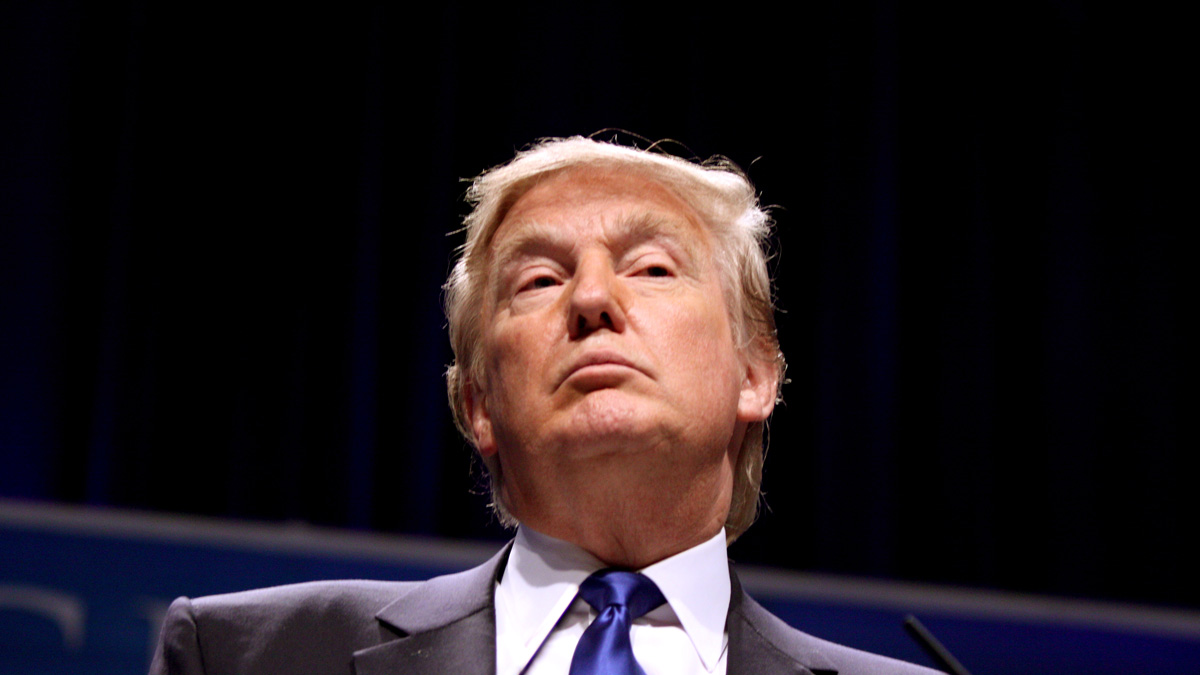BookTok has the power to change publishing for the better
It’s time to talk about the treatment of authors and editors.
 Supplied
SuppliedIt’s not unusual for me to spend a lot of time on BookTok — maybe even more than I actually read. BookTok has been a hugely successful and influential corner of TikTok and it doesn’t seem to be slowing down anytime soon. As BookTok grew, so too did book sales, which breathed new life into the supposedly dying book publishing industry.
BookTok is a side of TikTok devoted to book content, whether it’s community drama or book recommendations. Through its success, readers on TikTok began to influence the publishing industry, demonstrating what they wanted. And in the end, they got it. Book publishers are recognizing what consumers care about and are following those trends. However, the less glamorous side of book publishing isn’t given much attention — even when HarperCollins workers were on strike.
Evidently, consumers have power — power that could be used to make the book publishing industry better. As publishers see greater sales and profits, they aren’t necessarily compensating editors and authors fairly. In the same way we bring attention to our favourite books, we can bring attention to the treatment of the authors and editors of the books we love.
It’s no secret that book publishing doesn’t pay well, for the author or the employees of publishers. Both have a large workload — writing a book is no small feat, and neither is preparing it for print. Yet, this is rarely discussed on BookTok, even when major events like a strike happen.
HarperCollins union workers went on strike in late 2022 as a result of insufficient pay, benefits, and diversity initiatives. However, there was little talk about the strike on BookTok. In the meantime, many creators were still promoting and reviewing HarperCollins’ books.
At the same time, authors were supporting the strike through appearances at the picket line and signing a letter in support of workers. Authors were using the power they had to support employees and put pressure on HarperCollins. But you don’t have to be directly involved in publishing to do that.
We know that publishers pay attention to BookTok, yet it remained quiet on the topic of the strike. Users should have used the influence they have on publishing houses to demand that they treat workers and authors better. While it’s too late to change the inaction of BookTok during the strike, BookTok can do more moving forward.
The lack of real conversation about the strike — especially from big creators — was disappointing. The sway BookTok has is undeniable. Through it’s silence, BookTok only hurt strikers, when they could have joined authors and employees in their demands. Though the strike was successful, it didn’t solve all the problems in the publishing industry.
The issue of publishing companies underpaying their workers extends to authors too — the very people who give BookTok its content, to begin with. It has been clear for a long time that authors aren’t always compensated fairly for their books. This tends to be most apparent with authors of colour, even when their books are very successful. Xiran Jay Zhao was vocal about her experience with this on BookTok and has spoken out against payment systems. Zhao was only paid $4,000 while publishers sold thousands of copies of her book Iron Widow and garnered fans wanting a sequel. While the publishers were making significant profits from her book, Zhao only saw a small fraction of it. Likely, the employees of the publishers also saw little of the profits, either.
BookTok became obsessed with Rebecca Yarros’ novel Fourth Wing following its release in May 2023. So much so, that the sequel was published within six months — something that is unusual in publishing. Typically, it takes between one to two years for a book to be published.
Unfortunately, the rush to publish the sequel resulted in problems and controversy about misprints and bad editing. BookTok had the influence to change typical publishing practices in this case — for better or for worse. It’s time to use that influence to change things for the better for authors and those employed by publishing companies.
Both authors and employees of publishing companies are being taken advantage of, but little attention is given to this. The influence of BookTok creators doesn’t have to and shouldn’t be limited to books. It’s time to use it for the people behind the books and demand better treatment for them. BookTok was able to put enough pressure on publishing houses to publish a book that the publishers ignored the typos and controversies in it. Surely Booktok can pressure publishers to pay the people who have to deal with those messes in the first place.




